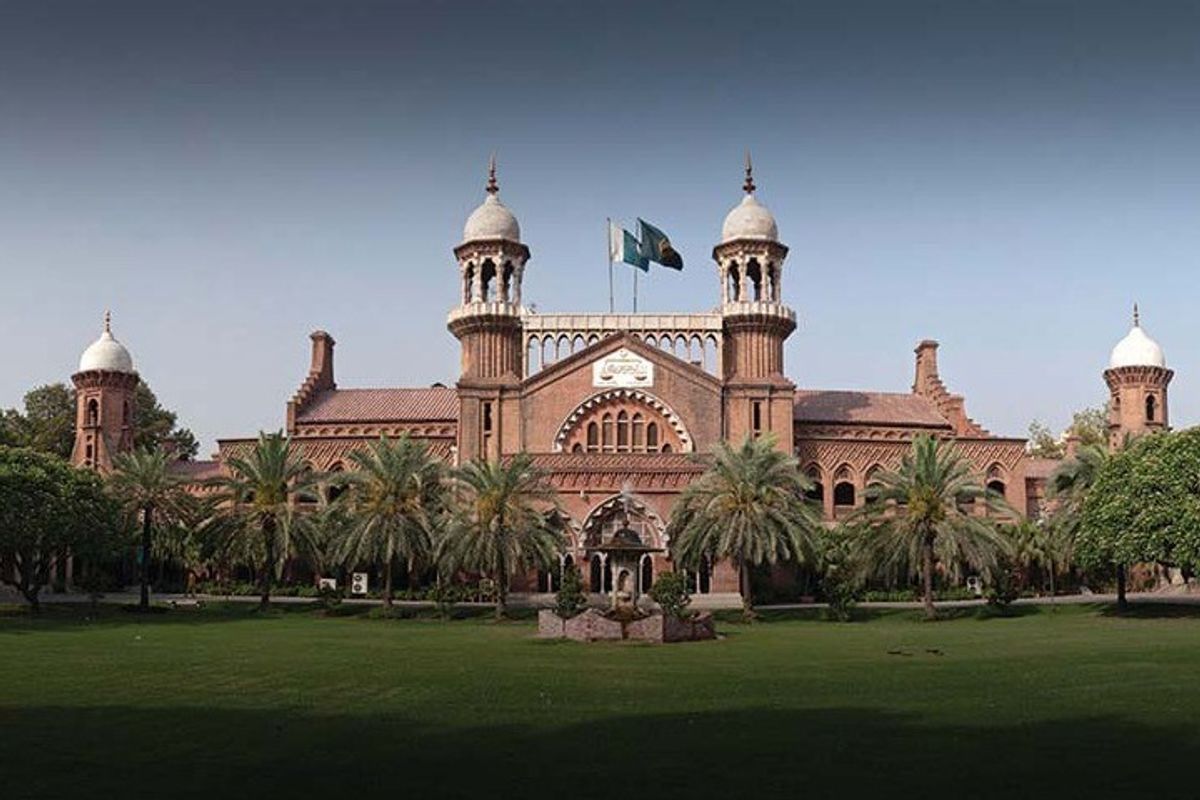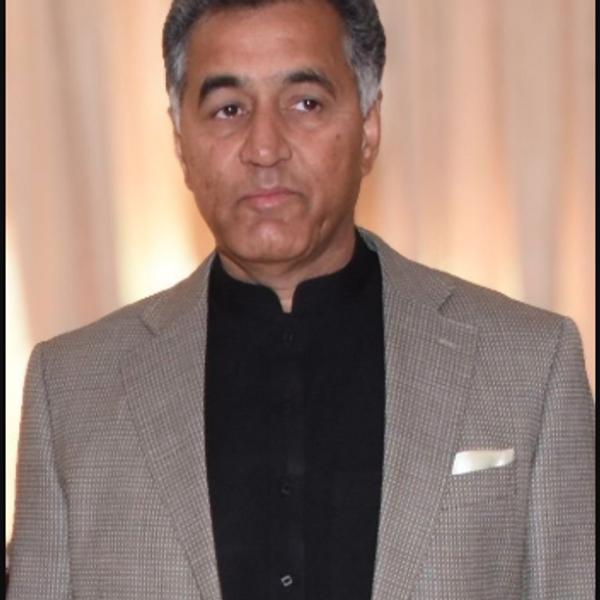Provincial govt in Pakistan defends defamation law as ‘constitutional’ in court
High court to hear case again on September 30

Haider Amin
Correspondent, Nukta
Haider Amin is a multimedia broadcast journalist with an experience of almost 18 years. Served media industry as reporter, associate executive producer and head of packaging department.

A file photo of the Lahore High Court building.
The provincial government in Pakistan’s Punjab defended its controversial defamation law as constitutional in the court on Wednesday.
The bill was bulldozed through the Punjab Assembly earlier this year.
The Punjab government responded as the Lahore High Court heard a petition against the Punjab Defamation Law, 2024. The government’s lawyer requested the petition to be dismissed.
However, the court directed the provincial government to provide a copy of its response to the petitioners and adjourned the hearing till September 30.
The petition
The defamation law has been challenged by petitioners Neelam Hussain, Fareeha Aziz, and Naziha Syed Ali.
The petition argues that there should be no exceptions for constitutional officeholders, which include the President, Governor, Chief Justice of Pakistan, judges of the Supreme Court, judges of the Lahore High Court, Prime Minister, Leader of the Opposition in the National Assembly, Speaker of the National Assembly, Chief Ministers, Chief of Army Staff, and other high officials.
According to Section 11(3) of the law, an authorized officer or attorney can file a complaint on behalf of a constitutional officeholder without requiring the officeholder to appear during the proceedings. The petition contends that this exemption could lead to situations where constitutional officeholders are not subject to cross-examination.
As per the petition, citizens must have access to an independent judiciary to determine their rights and obligations. The 2024 Act establishes tribunals to handle defamation claims, but it grants the government the authority to appoint members to these tribunals, which could compromise their impartiality.
Section 13(1) of the law stipulates that a defendant is not entitled to defend against the claim unless they obtain permission from the tribunal. This clause removes the defendant's automatic right to defend themselves.
The petition also questions several clauses, including "no comment on pending proceedings", "the exclusion of the Qanun-e-Shahadat Order", "legislative competence", and "the requirement for the claimant to establish their reputation".
The 'controversial' law
On May 20, 2024, the Punjab Assembly passed the bill despite strong protests from journalists and opposition. The controversial bill became law after acting Governor Malik Ahmed Khan assented to it on June 7, 2024.
According to the law, the Punjab government will be able to establish special tribunals to punish individuals involved in creating and spreading fake news within six months. A member of the tribunal will be appointed in consultation with the chief justice of the Lahore High Court.
If the member is from the judiciary, the chief justice will share three names with the government, from which one will be appointed as a member. If the potential member is from the legal community, the government will suggest three names to the chief justice. If there is no agreement on any of the names, the chief justice will return the names to the government, which will send a new list. This process will continue until a consensus is reached on one name.
Punishment under this law can mean a fine of PKR 3 million and the tribunal can issue this in an interim order upon receiving a defamation complaint. If the crime is proven after the trial, the amount awarded provisionally will be included in the final damage amount.
These tribunals can also order the closure of social media accounts used to allegedly commit defamation. They have been given significant powers, and no court will be able to issue a stay order to halt their proceedings.
According to this law, every citizen can initiate action against the alleged defamer under civil laws. The scope of this law will cover anyone who disseminates images, audio, gestures, signs, or writings with the intent to reach the public through social media platforms.
The law describes defamation as the publication, broadcasting, and spreading of false or misleading statements that cause a person to believe their reputation has been damaged, that they have been belittled in the eyes of others, or that they have become targets of unjust criticism and hatred. Furthermore, the law encompasses statements or expressions directed at individuals from specific genders or minority communities.
The passage of the bill in the assembly drew widespread criticism from individuals across various perspectives. Many questioned why a new law was introduced instead of amending the existing defamation legislation.







Comments
See what people are discussing